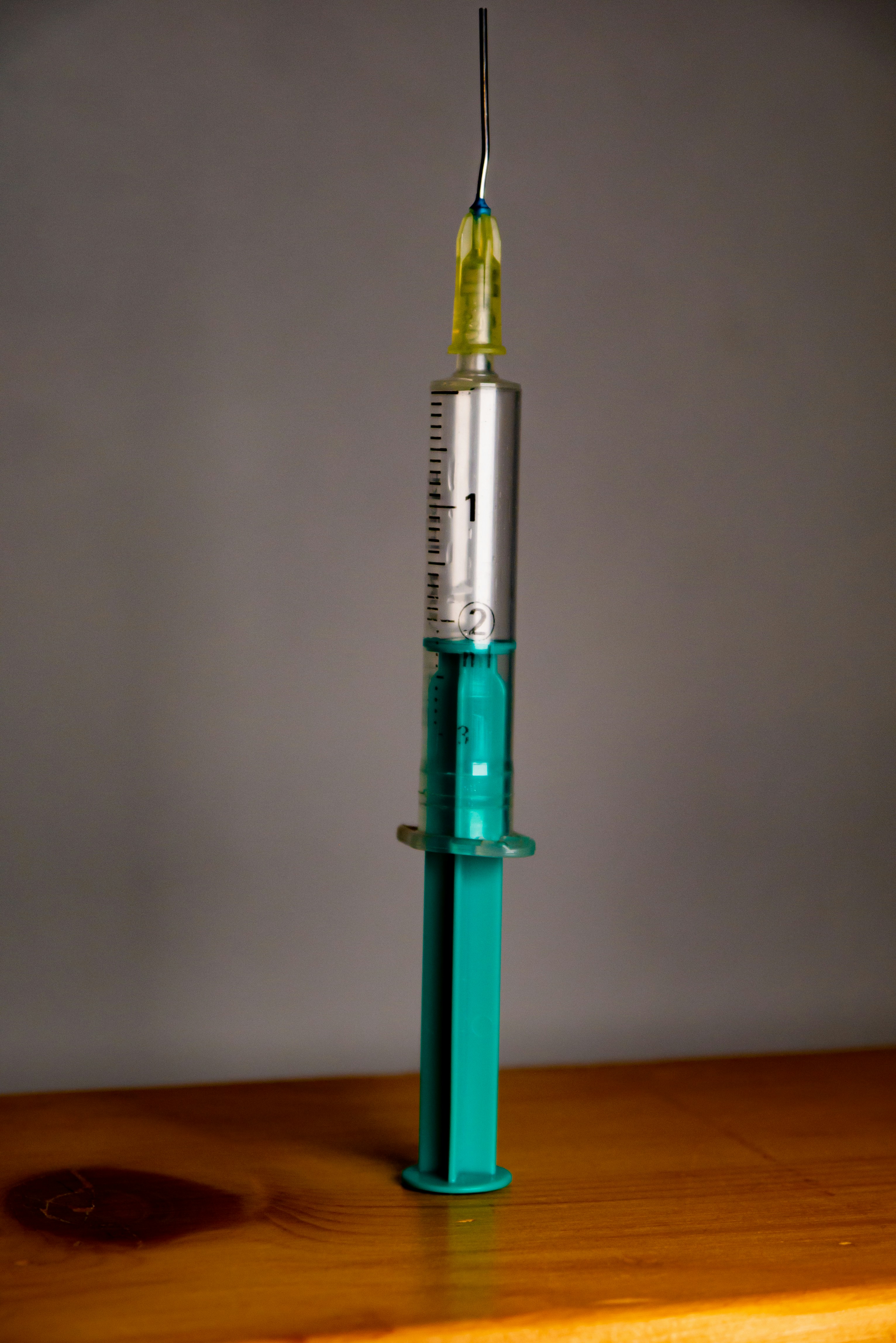Vaccine-preventable disease outbreaks, such as measles, meningitis, and yellow fever, are surging globally, while controlled diseases like diphtheria that have long been held at bay or virtually disappeared in many countries are at risk of resurgence.
Immunization efforts are under growing threat as misinformation, population growth, humanitarian crises, and funding cuts jeopardize progress and leave millions of children, adolescents, and adults at risk, warn WHO, UNICEF, and Gavi during World Immunization Week.
How do vaccines work?

Vaccines are substances used to stimulate the production of antibodies and provide immunity against one or several diseases. They are made from weakened or killed forms of the microbe (virus or bacteria), its toxins, or a piece of its genetic material.
Germs are all around us, both in our environment and in our bodies. When a person is susceptible and they encounter a harmful organism, it can lead to disease and death.
The body has many ways of defending itself against pathogens (disease-causing organisms). Skin, mucus, and cilia (microscopic hairs that move debris away from the lungs) all work as physical barriers to prevent pathogens from entering the body in the first place.
When a pathogen does infect the body, our body’s defenses, called the immune system, are triggered, and the pathogen is attacked and destroyed or overcome.
Vaccines introduce harmless pieces of pathogens or weakened pathogens to the body, triggering an immune response that produces antibodies. These antibodies then recognize and fight future infections.
Vaccines are the world’s safest method to protect children from life-threatening diseases.
Call to action
As a parent or guardian, ensuring the health and well-being of your child is a top priority. One of the most effective ways to safeguard your child’s health is through immunization. Vaccines protect children from serious and potentially life-threatening diseases, helping to prevent outbreaks and epidemics.
Why Immunization Matters
Immunization has been instrumental in controlling and eliminating many infectious diseases. By following the recommended vaccination schedule, you can help your child develop immunity against specific diseases, reducing the risk of serious illness and long-term health consequences.
Tips for Parents and Guardians
- Stay informed about recommended vaccines and schedules.
- Consult with your healthcare provider about any concerns or questions.
- Keep vaccination records up-to-date.
- Encourage others to prioritize immunization.
By prioritizing immunization, you’re not only protecting your child but also contributing to the health and well-being of your community.

